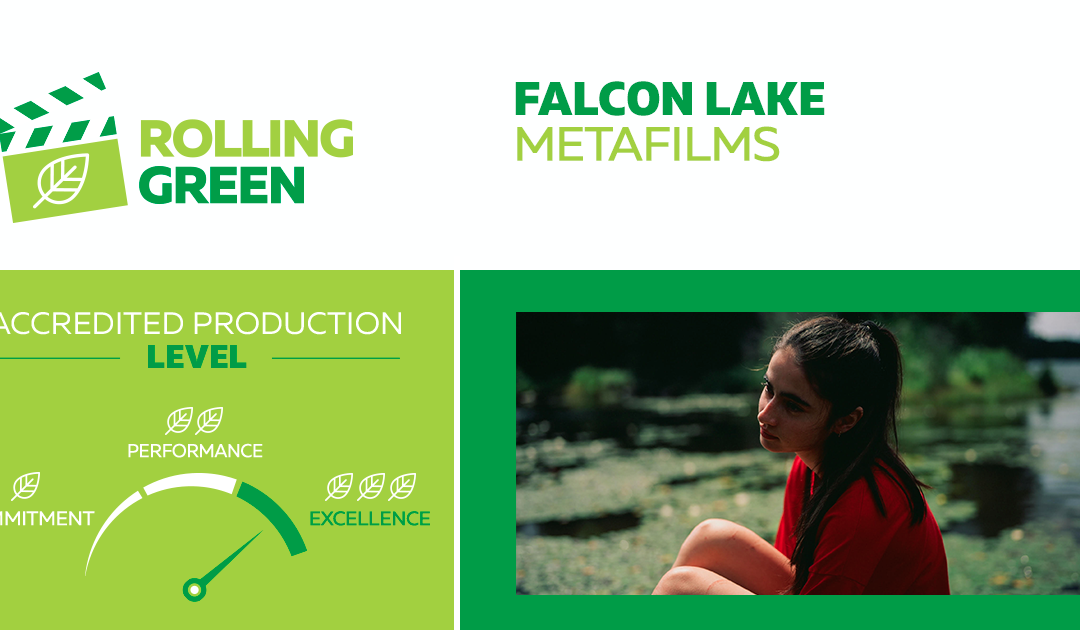Charlotte Le Bon’s Falcon Lake movie receives the Rolling Green accreditation thanks to its ecoresponsible filming.
In order to reduce the pollution generated by film and television productions, the Quebec Film and Television Council (QFTC), the Conseil québécois des événements écoresponsable (CQEER) and Québécor have set up an action plan for 2021 to promote environmentally responsible filming. The Rolling Green accreditation rewards productions that encourage actions on their sets to reduce the consumption of natural resources, manage residual materials efficiently, raise team awareness, reduce energy consumption and decrease greenhouse gases.
Thanks to its eco-responsible shooting, which took place in the summer of 2021, the film Falcon Lake – directed by Charlotte Le Bon and produced by Metafilms, Cinéfrance and Onzecinq – has received level 3 accreditation from the independent committee of Rolling Green. The eco-responsible measures applied during the shooting were thought out beforehand at the initiative of producer Sylvain Corbeil. “Sylvain is a person who is very concerned about preserving the environment in his personal life as well as in his professional life,” says production assistant Ji Won Jeong.
Several departments have distinguished themselves by their eco-responsible actions. The transportation department set up a carpool to take the crew from Montreal to Saint-Jérôme, in the Laurentians, where they were staying during the shoot. The transportation department also arranged regular shuttles with a van that could carry up to seven passengers from the support room to the film set in the wilderness near Gore.
The management department took care of the collection and sorting of residual materials. Composting and recycling bins were set up on the set. Snack containers – because each snack had to be individually wrapped during the COVID-19 pandemic – were 100% compostable. “We banned single-use plastic bottles. Everyone had to bring their own water bottle or coffee thermos,” says Ji Won Jeong.
Alex & Milene Catering stood out for its homemade dishes made with organic and local foods. They offered vegetarian options at every meal, as well as cold options that didn’t require reheating the food. They also provided reusable plates, as well as compostable cutlery. “I remember that instead of using wooden stirrers, they offered noodles – I thought that was really original and thoughtful of them,” says Ji Won Jeong. Leftover food was shared with the team at the end of the day to limit waste, and what couldn’t be donated was composted.
The art department went to great lengths to renovate and decorate the old cottage that served as the film’s set with materials found locally – following the principles of vernacular architecture – or by purchasing furniture from local antique stores. The script written for the Falcon Lake production helped in that the set descriptions allowed for the use of second-hand objects.
Throughout the shoot, the production department conducted awareness campaigns with its crew. For example, signs were hung in the various living and working areas – restrooms, dining room, break room – to remind them to turn off the lights. Notes were distributed to indicate that a particular utensil was recyclable or compostable. Emails were sent out reminding team members not to throw cigarette butts on the ground.
In general, the entire crew was willing to observe green practices on the Falcon Lake set. “Everyone was very motivated to make an effort. We were more of a young crew – in our mid-twenties or thirties – and the young people are now committed to protecting the environment by minimizing their ecological footprint,” says Ji Won Jeong.
Organizing an eco-friendly shoot is not without its challenges, however, especially when it comes to collecting evidence. It takes determination to maintain the green credentials throughout the shoot, especially in the rush and stressful moments. The production assistant also points out that while it’s easy to show what you did, it’s harder to show what you didn’t do. For example, one of the environmentally responsible things we did was to avoid dry-cleaning the costumes, but how can we prove it if they were put in the washing machine at home?
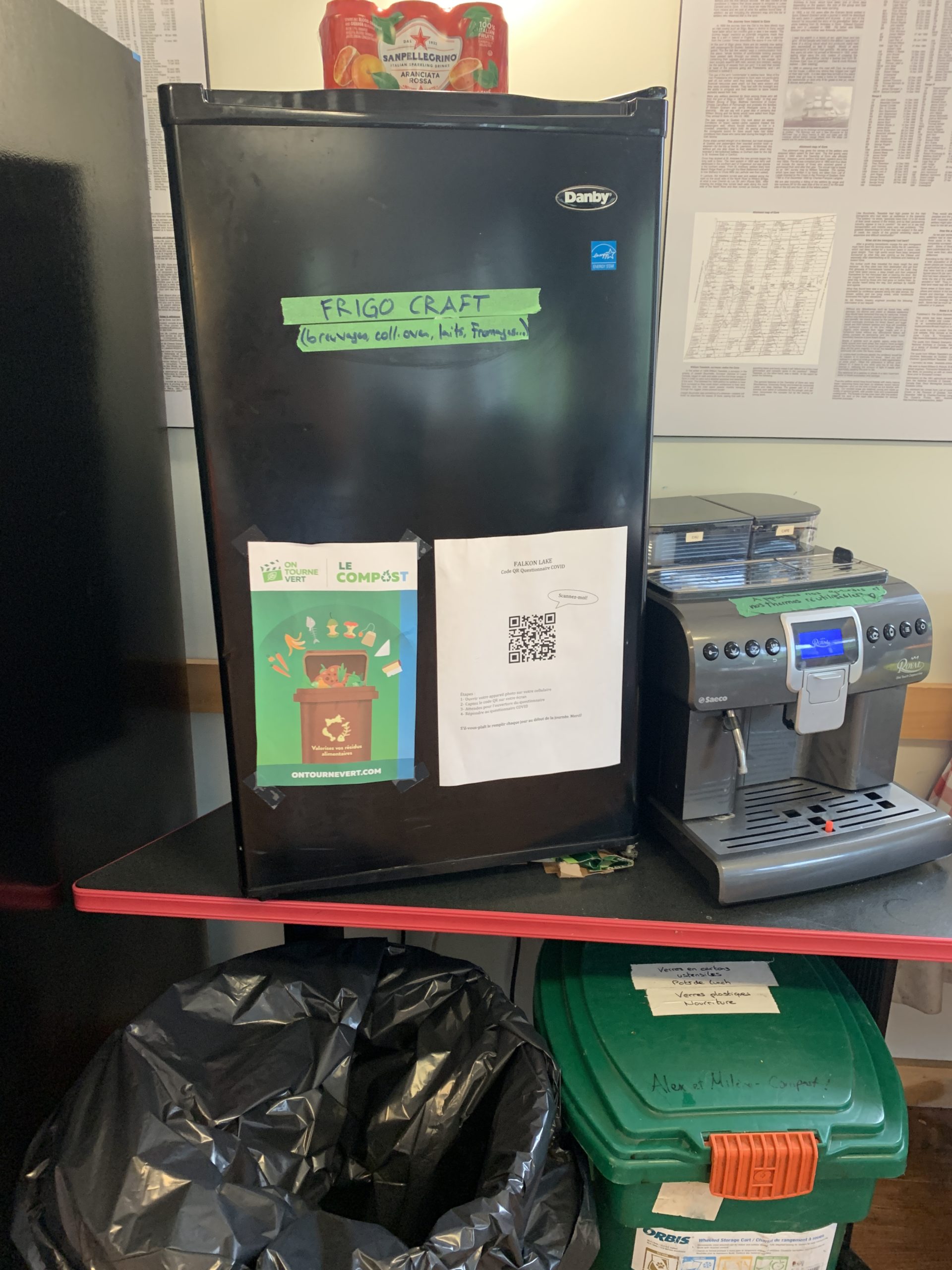
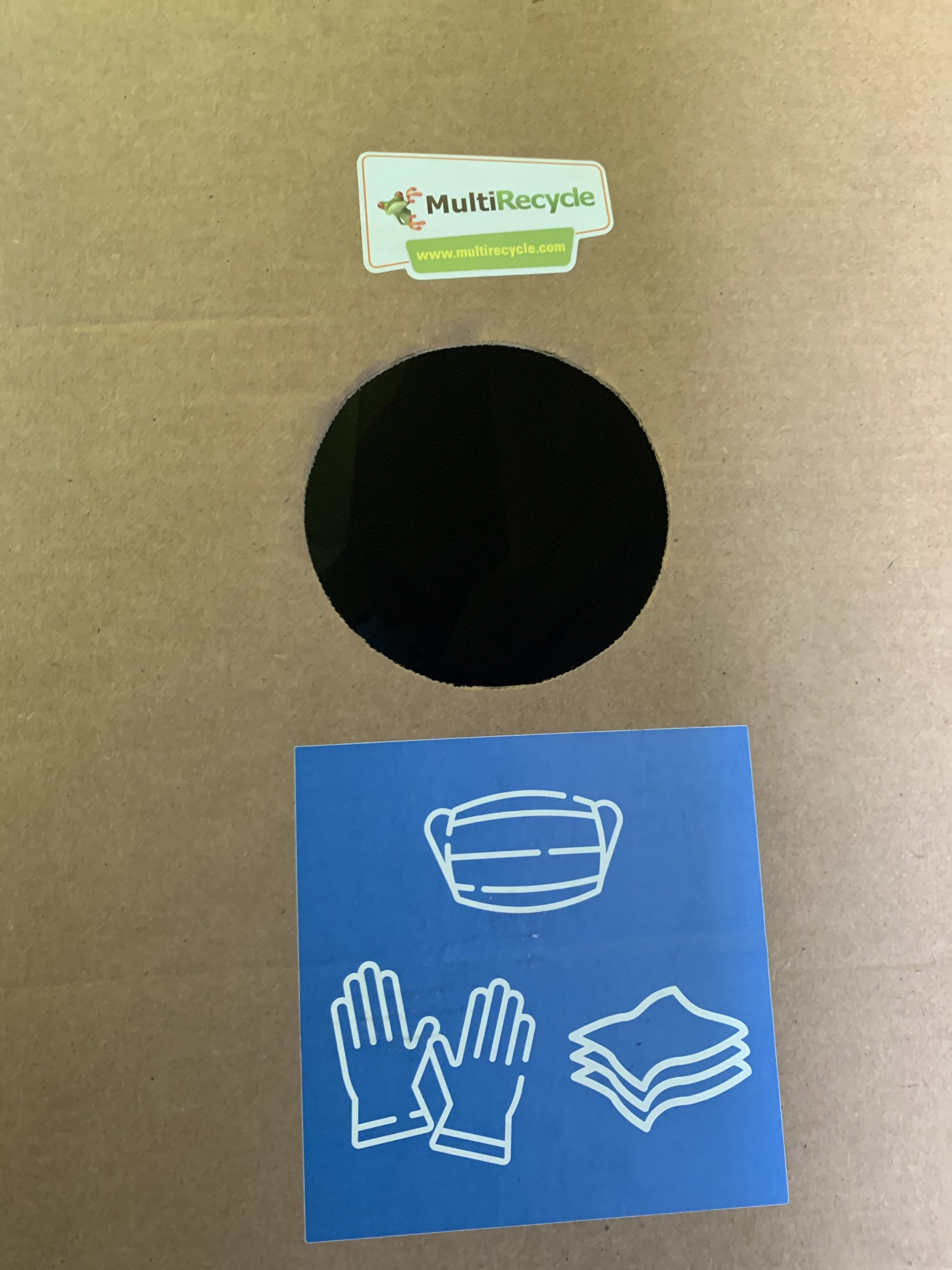
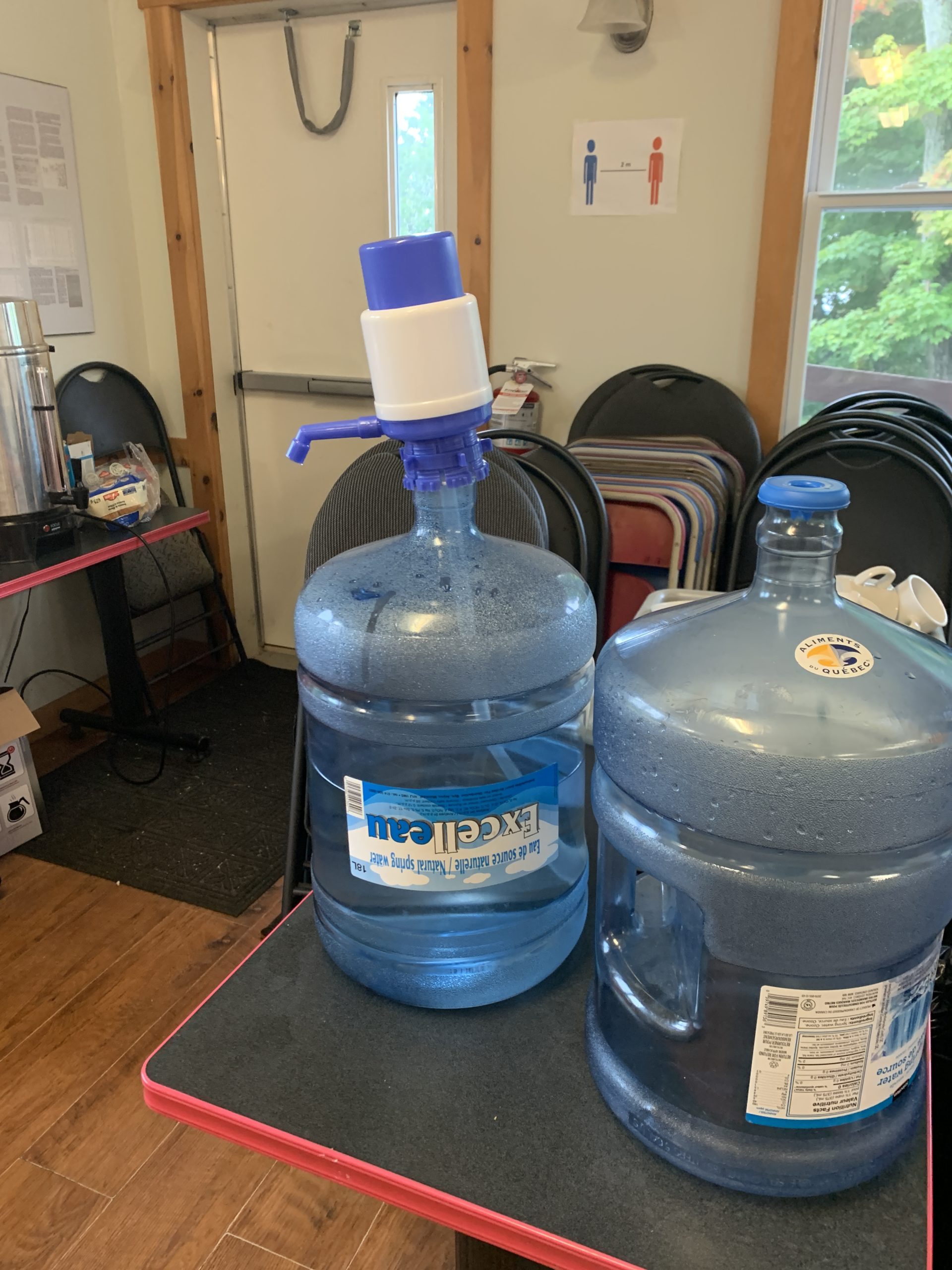
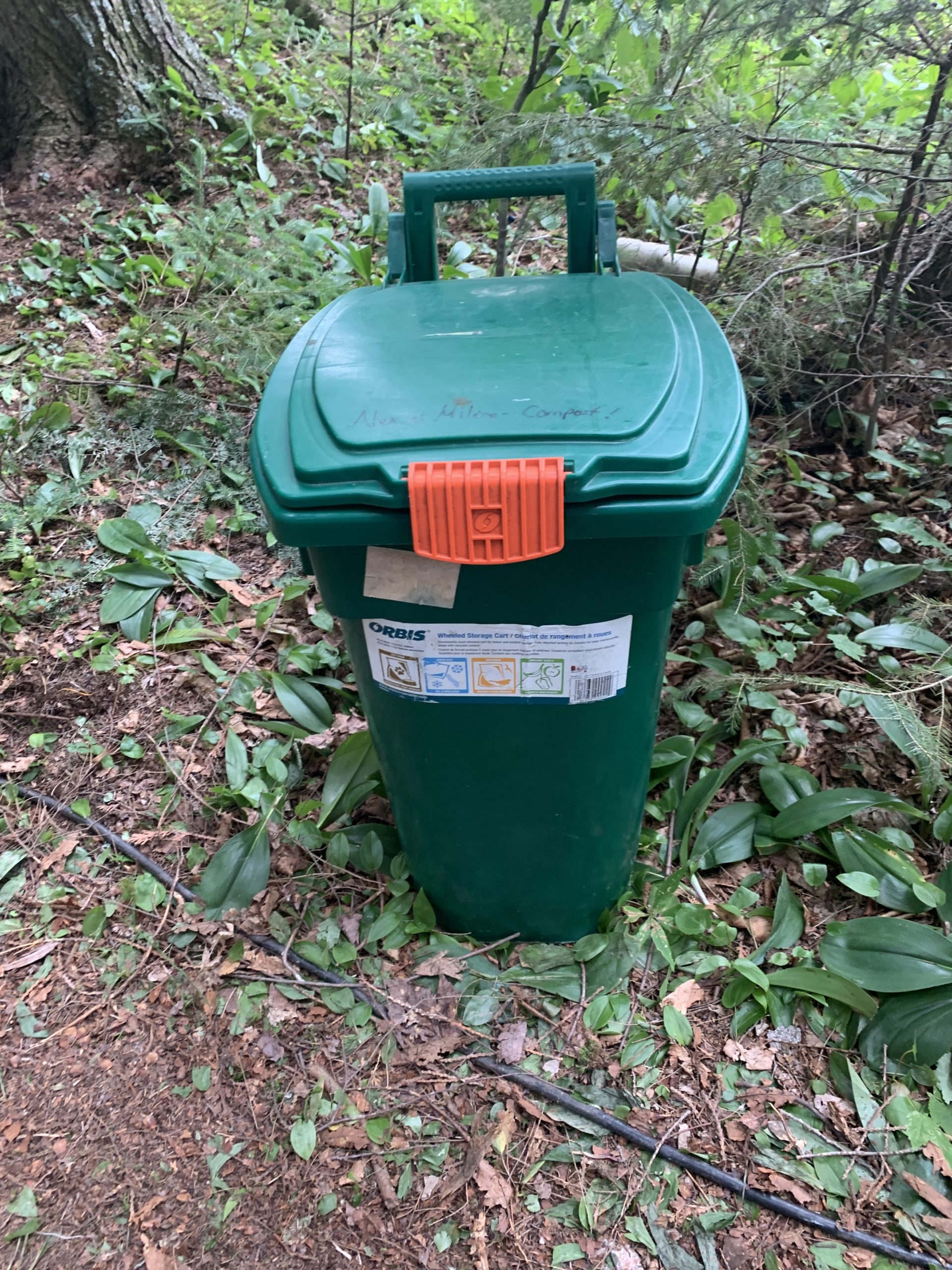
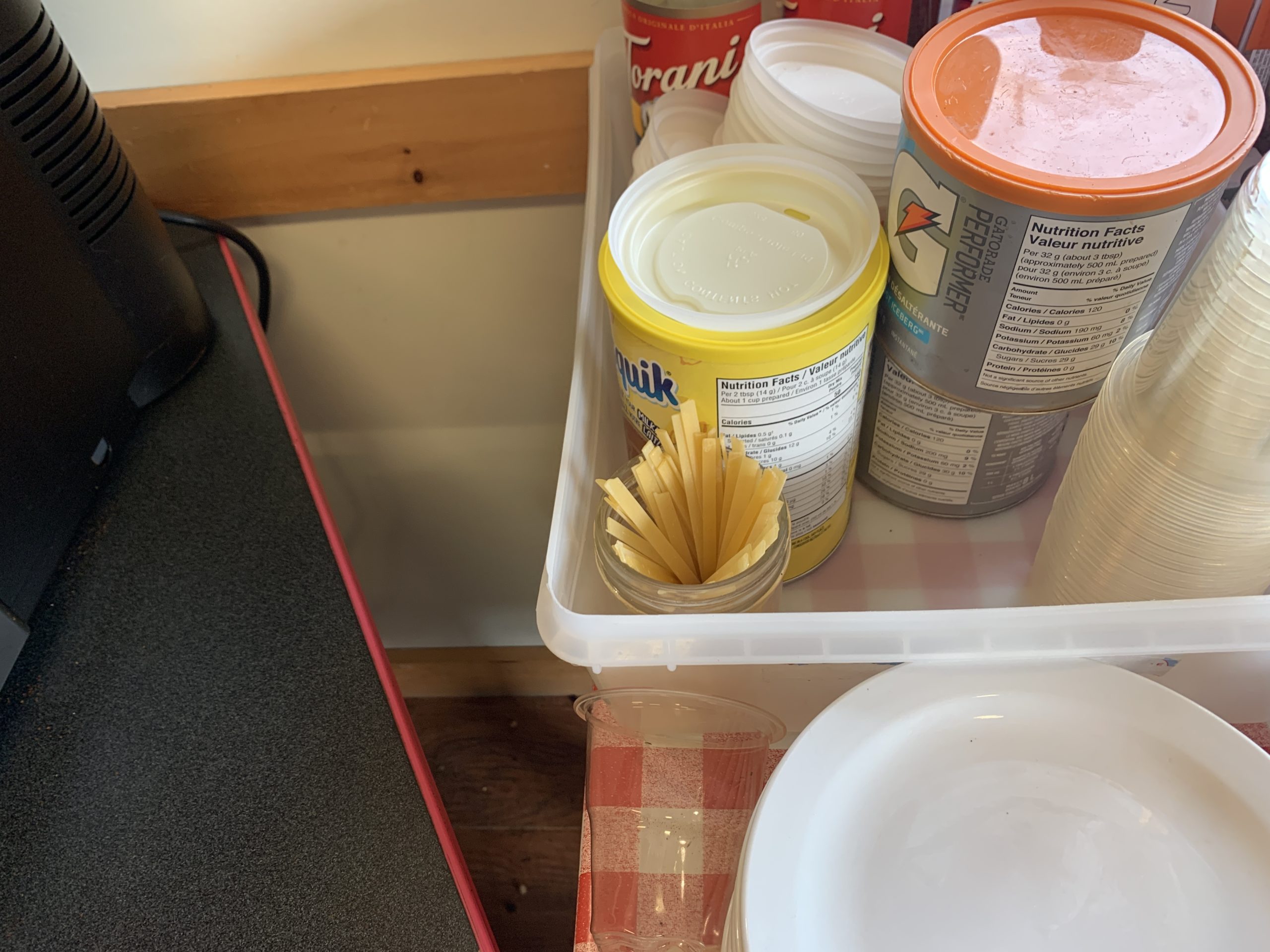
For future productions interested in the Green Shooting accreditation, Ji Won Jeong advises not to leave it to the last minute to gather evidence of environmentally responsible actions. She also stresses the importance of communicating with the crew to educate them on how to be environmentally responsible. “Another important piece of advice is not to be afraid to change certain systems, even if it is towards the end or in the middle of production. It’s never too late to put in more effort and correct our mistakes,” she concludes.
To become accredited, production companies must fill out a form describing the actions they plan to take. There are several levels of accreditation: level 1, known as “Commitment”, which rewards at least 12 environmentally responsible actions; level 2, known as “Performance”, which requires the accumulation of at least 45 points; and level 3, known as “Excellence”, which requires the accumulation of at least 85 points. To learn more about the terms and conditions and to get accredited by Rolling Green, click here.

